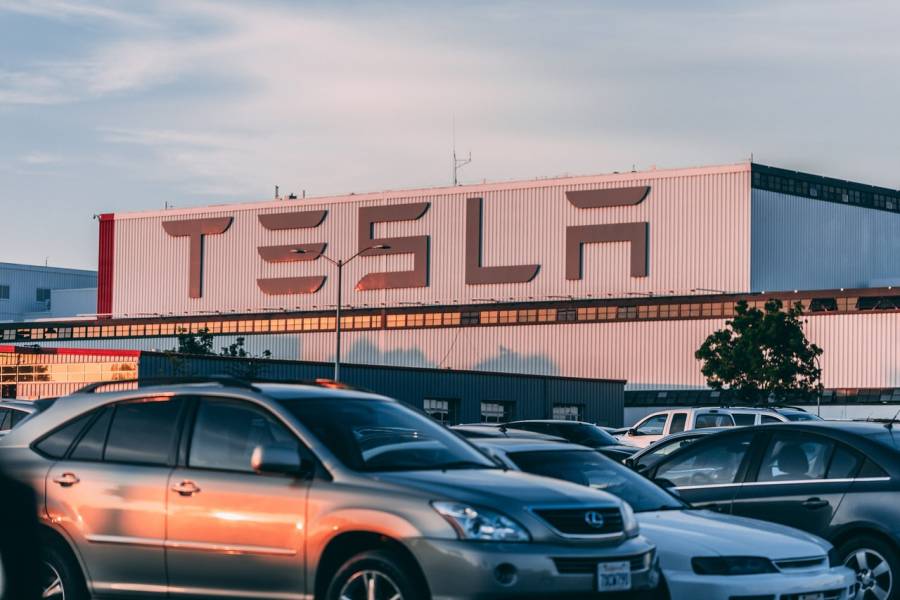An aggressive management strategy toward its sales staff is being deployed by Tesla in China as it battles with BYD for supremacy in the world’s largest auto market, according to a report from Reuters.
Despite losing its spot as the largest global electronic vehicle (EV) provider in the fourth quarter of 2023, it still has the edge over Chinese EV maker BYD in the highly competitive sector.
Elon Musk’s Tesla sold more than 1500 EVs, on average, across all of its Chinese stores up to October 2023 according to data from China Merchants Bank International. This represents an increase for the same period the previous year, up from 1300.
Conversely, its Shenzhen-based competitor sold less than 600 cars per store in the first 10 months of 2023 but due to its best-selling models costing half as much as the equivalent Tesla vehicle, they sold far more units overall. The report also highlighted a local advantage enjoyed by BYD as they have 11 times as many distributors in China, compared to their US rival.
Tesla’s aggressive sales tactics
Tesla’s encouraging sales performance has been augmented by an aggressive management of its sales staff, including real-time monitoring on an hourly basis.
The company has 2800 sales staff across its 314 Chinese stores and they are continually assessed throughout their shift to ensure they are converting leads into customer visits to stores, test drives and ultimately, sales. Three people with intimate knowledge of the practices spoke to Reuters including the revelation that those deemed to be underperforming have been dismissed the same day.
They also intimated how Tesla incentivizes its staff with an attractive base salary, in addition to potential bonus payments.
Workers can accrue a monthly salary of up to 30,000 Yuan ($4,203.56) which is more than the offering of rival EV companies. Tesla is said to have targeted workers from other industries known for similar aggressive sales methods.
The figures for the first 10 months of 2023 show that Tesla’s share of the Chinese EV market grew to 12% – an increase of 2% over the previous year – whilst BYD enjoyed an increase of 6%, up to 27% of the market.
Featured image: Pexels

















